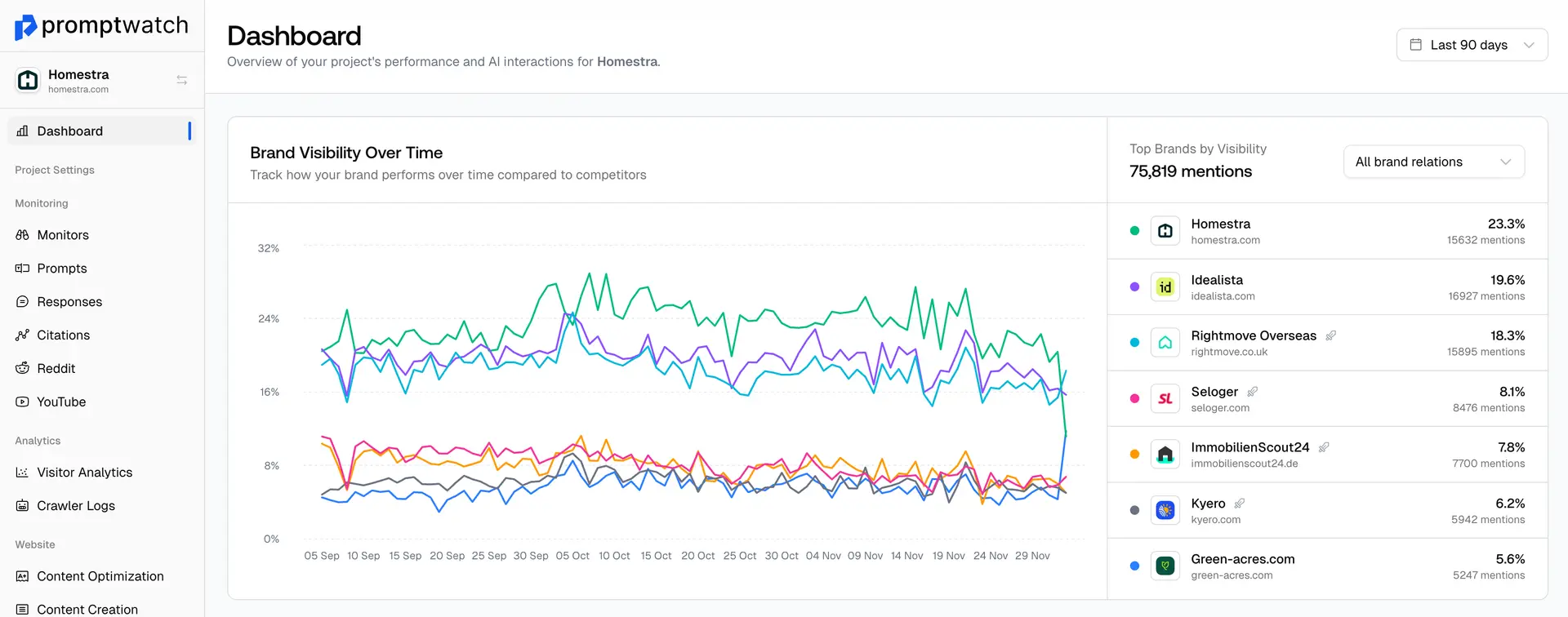Definition
Long-tail Keywords are longer, more specific keyword phrases that typically contain three or more words and target highly specific search queries with lower search volume but higher conversion intent. Unlike broad, competitive keywords, long-tail keywords are more conversational, specific, and closely match how people naturally speak and search, especially in voice search and AI-powered queries.
These keywords often have less competition, making them easier to rank for, while targeting users who are further along in the buying process or seeking specific information. Long-tail keywords typically account for 70% of all search traffic and are particularly valuable for capturing voice search queries, which tend to be longer and more conversational.
For AI-powered search and GEO optimization, long-tail keywords are increasingly important because AI systems often respond to specific, detailed queries with comprehensive answers. AI models like ChatGPT, Claude, and Perplexity excel at understanding and responding to complex, multi-part questions that align with long-tail keyword patterns. Content optimized for long-tail keywords tends to be more comprehensive and detailed, which AI systems prefer when selecting sources to cite.
Effective long-tail keyword strategies involve researching specific customer questions and pain points, analyzing related searches and autocomplete suggestions, creating comprehensive content that answers detailed questions, using natural language that matches user search patterns, and focusing on user intent rather than just search volume.
Examples of Long-tail Keywords
- Instead of targeting 'laptops,' using 'best laptops for graphic design under $1500 with dedicated graphics card'
- Rather than 'insurance,' targeting 'how much does car insurance cost for new drivers in California'
- Instead of 'recipes,' optimizing for 'easy vegetarian dinner recipes for families with picky eaters'
- Rather than 'marketing,' targeting 'how to create a social media marketing strategy for small local businesses'
